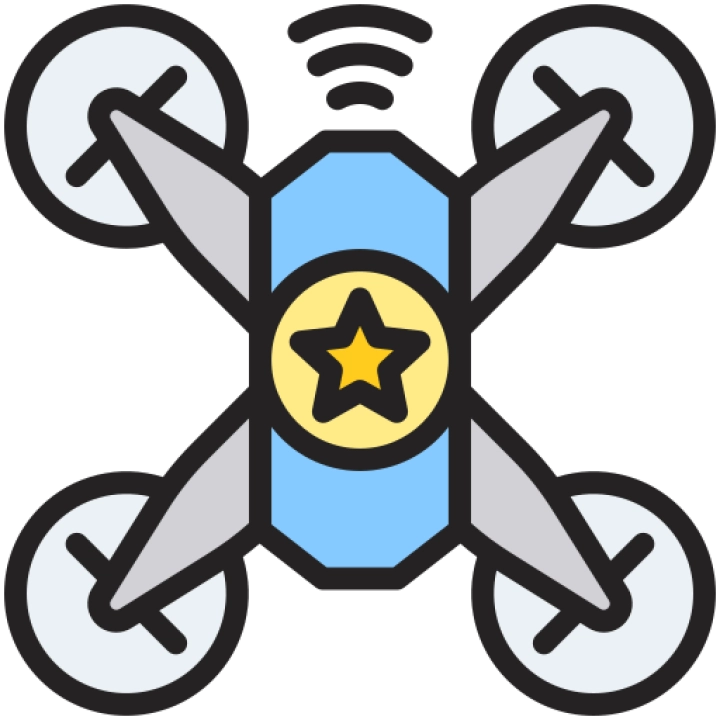College: Vocational School
This program provides a comprehensive understanding of the principles and practices of aircraft technology, focusing on the design, maintenance, and operation of aircraft systems. Students will explore key topics such as aerodynamics, propulsion systems, electronics, and aircraft maintenance. The program emphasizes integrating theoretical knowledge and practical skills to prepare students for careers in aerospace engineering, aircraft maintenance, and related fields.
Learning Objectives:
- Understand the basic principles of aircraft technology and their role in aviation.
- Develop skills in designing and analyzing aircraft systems.
- Learn aircraft system maintenance and troubleshooting techniques.
- Explore the principles of aerodynamics and propulsion systems.
- Understand the impact of technological advancements on aircraft technology.
- Analyze challenges and job opportunities in aircraft technology.
- Develop critical thinking and problem-solving skills to address challenges in aircraft design and maintenance.
Main Outline:
- Introduction to Aircraft Technology - Overview of aircraft technology, its history, and its importance in aviation.
- Aerodynamics and Flight Mechanics - Basics of aerodynamics, including lift, drag, and thrust. - Techniques for analyzing and improving aircraft performance.
- Propulsion Systems - Principles of propulsion systems, including jet engines and propellers. - Techniques for designing and maintaining propulsion systems.
- Control and Electronic Systems in Aviation - Overview of flight control systems, including navigation, communication, and control systems. - Techniques for integrating and maintaining flight control systems.
- Aircraft Maintenance and Safety - Basic aircraft maintenance, including inspection and repair techniques. - Techniques to ensure aircraft safety and compliance with regulations.
- Ethics and Professional Practices in Aircraft Technology - Overview of ethical and professional considerations in aircraft technology. - Techniques for ensuring ethical and professional behavior in aircraft design and maintenance.
- Specialized Topics in Aircraft Technology - Principles of specialized topics, including unmanned aerial vehicles and advanced materials. - Techniques for conducting in-depth research on specialized topics.
- Emerging Trends in Aircraft Technology - Impact of emerging trends, such as electric propulsion and autonomous flight, on aircraft technology. - Techniques for integrating new trends into aircraft design and maintenance practices.
Assessment Methods:
- Aircraft design and maintenance projects to evaluate practical skills.
- Written assignments and research papers to assess knowledge of aerodynamics and propulsion systems.
- Presentations and reports on aviation and control systems.
- Participation in group projects and aircraft simulations.
Recommended Textbooks:
- "Introduction to Flight" by John D. Anderson Jr.
- "Aircraft Propulsion" by Saeed Farokhi.
- "Aircraft Maintenance and Repair" by Michael J. Kroes and William A. Watkins.
Prerequisites:
Basic knowledge of physics and engineering principles is recommended. This specialization is suitable for students in aerospace engineering, aviation, and related fields.
Duration of the Specialization:
Typically, this specialization lasts four academic years, combining lectures, laboratory sessions, and practical exercises.
Certification:
Upon successful completion, students may obtain a degree in aircraft technology, depending on the program and institution.
Target Audience:
This specialization is designed for undergraduate and graduate students in aerospace engineering and aviation, as well as professionals seeking to enhance their skills in aircraft technology. The program prepares students and professionals to excel in the field of aircraft technology, leveraging theoretical knowledge, practical skills, and understanding of emerging trends for effective design, maintenance, and operation of advanced aircraft systems.








